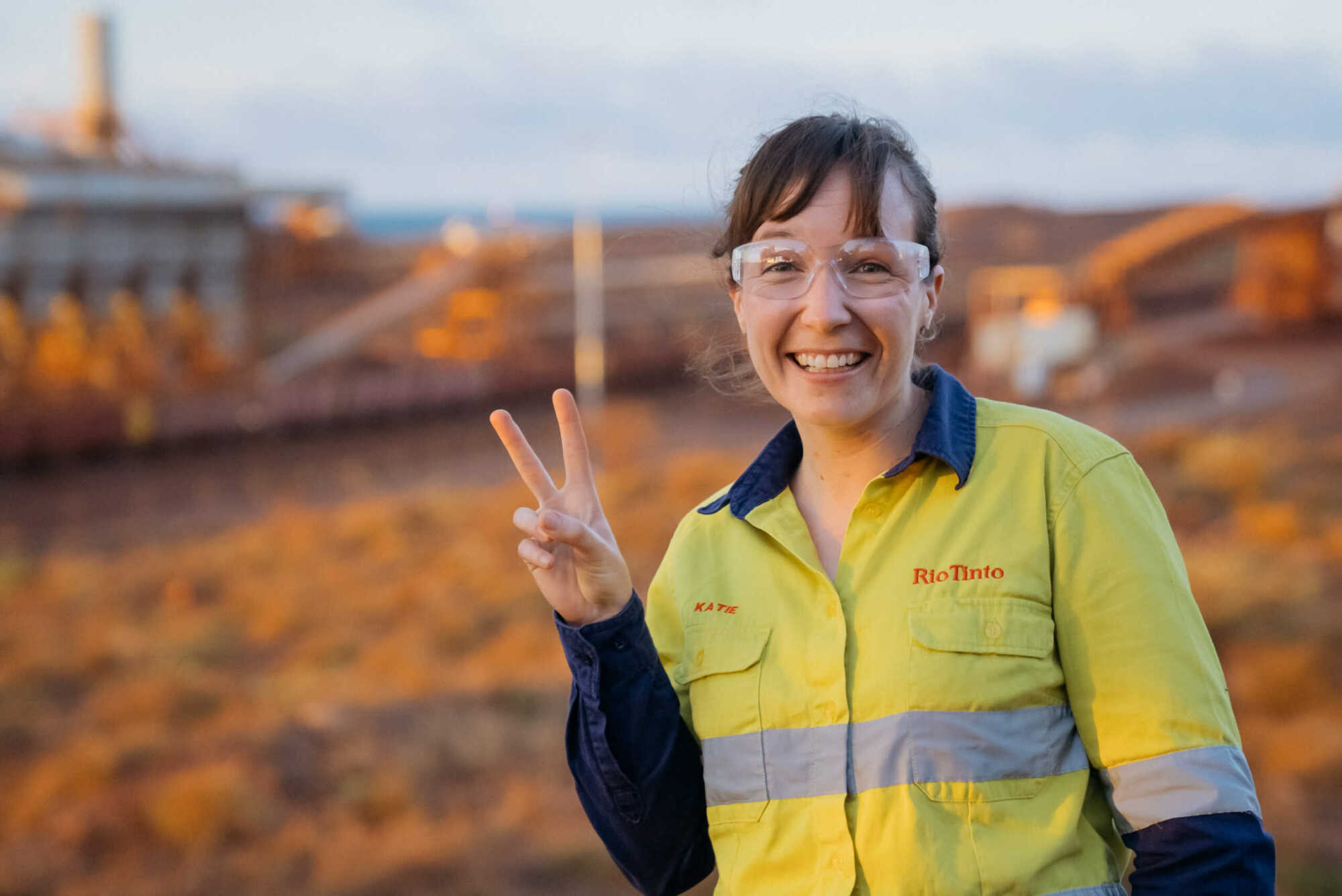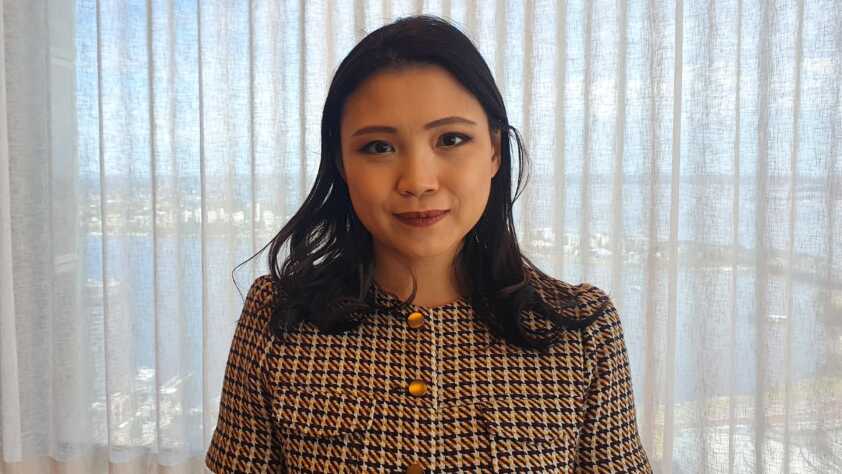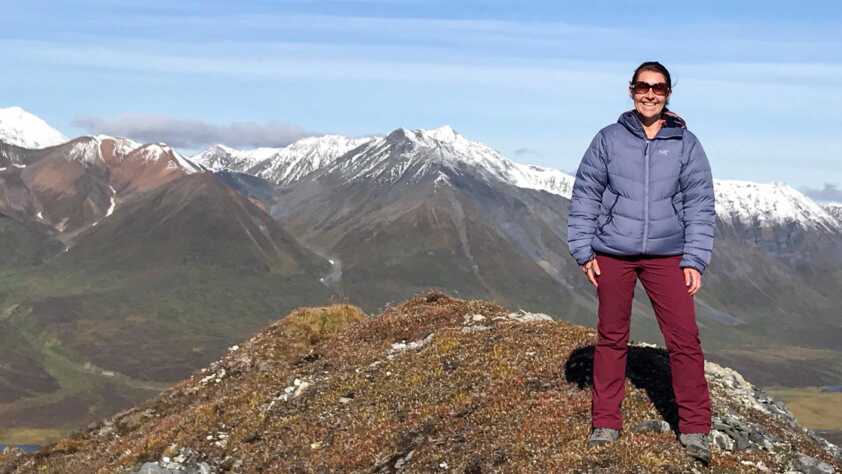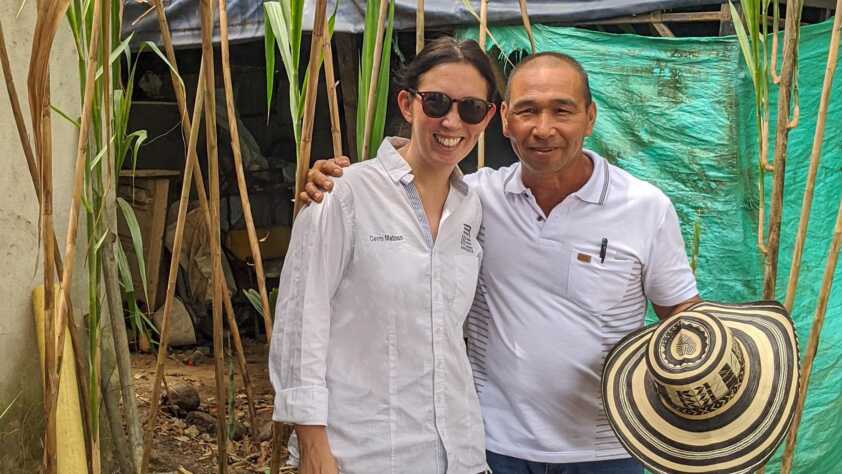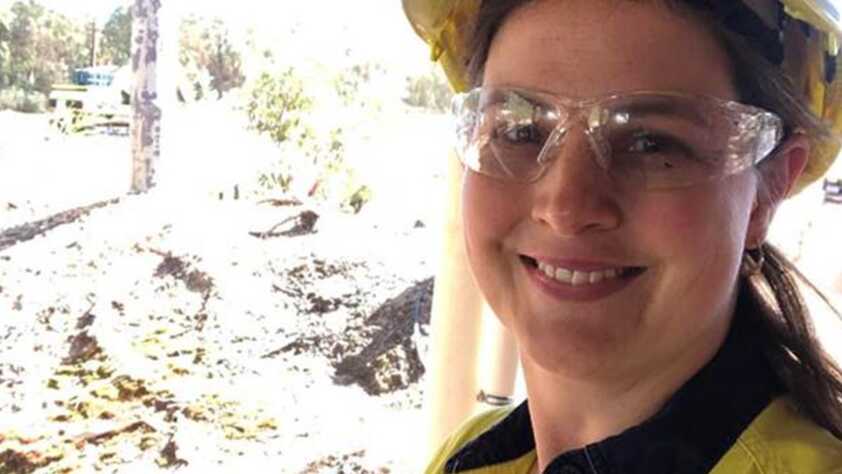Katie is a Specialist Advisor Biodiversity at Rio Tinto and studied Environmental Science at University.
What do you enjoy most about the job?
I enjoy the range of people, within and outside Rio Tinto, I get to work with to solve challenges and support interesting projects across the globe. I enjoy the mental challenge of being involved with many different projects and the opportunity to drive improvements to how we protect and enhance our natural environment around our operations.
Describe your career path to your current job?
I studied in Christchurch and Auckland, New Zealand, completing my MSc in Environmental Science, during which I worked at the local university in Suva, Fiji while conducting research for my thesis. Following this, I spent time in Cambodia supporting marine research for NGO’s and working in Perth, in environmental consulting, on oil spill response research, turtle research and carbon abatement projects. Jumping into the Oil & Gas sector, I worked in a range of roles including offshore exploration, GIS, scientific research and approvals and exploration campaigns in Myanmar and Senegal. To broaden my technical skills, I sought a role in mining as the Cape Lambert Environment Advisor and then moved into my current role in January 2021.
What attracted you to a career in mining and resources?
I was attracted to the resources sector and more recently to a career at Rio Tinto, as I was looking to add value in a sector with the means to implement large scale positive change in our environment and communities. The resources sector plays a significant role in building an understanding of our natural environment, through scientific and community partnerships. Information gathered through this work informs management and protection measures within resource companies like Rio Tinto, but also through community and government agencies. With projects spanning the globe, jurisdictions and environments, Rio Tinto is full of opportunities to implement positive change.
What do you think of the general perception that mining and resources is a male-dominated sector?
I agree, the sector is male-dominated, but this changing. I believe we all a have a responsibility to ensure the mining sector is more representative of the societies in which we work, whether this involves supporting those within the sector to develop professionally, encouraging challenging conversations and diverse ideas, providing equal access to family support arrangements, questioning our own biases and enabling access and opportunity for those looking at careers in the sector.
What advice would you give to other women considering a career in the sector?
Don’t be afraid to seek out support, put your hand up or ask for what you want. In my time at Rio Tinto, I have been humbled by the willingness of my colleagues and peers in supporting my curiosity, as I build a network in mining and their willingness to support me as a professional.
What’s the biggest thing you would like other women to know about working in mining and resources?
The mining sector is full of great opportunities to tackle big challenges, make great friends and have a career beyond your desk.
What initiatives/policies has your employer put in place to encourage more women to be involved in the sector?
Rio Tinto supports a range of STEMM programmes for young people, is a founding member of Champions for Change Coalition and supports the AUSIMM Women in Mining Network, amongst other initiatives. In-house, Rio Tinto has a range of development services and policies in place to support all employees, however, Rio Tinto also provides supportive parental leave arrangements and is working to eliminate the pay equity gap, which currently remains at less than 2%. At a corporate level, gender representation is being improved through corporate targets and increased numbers of females in leadership roles across the organisation.







